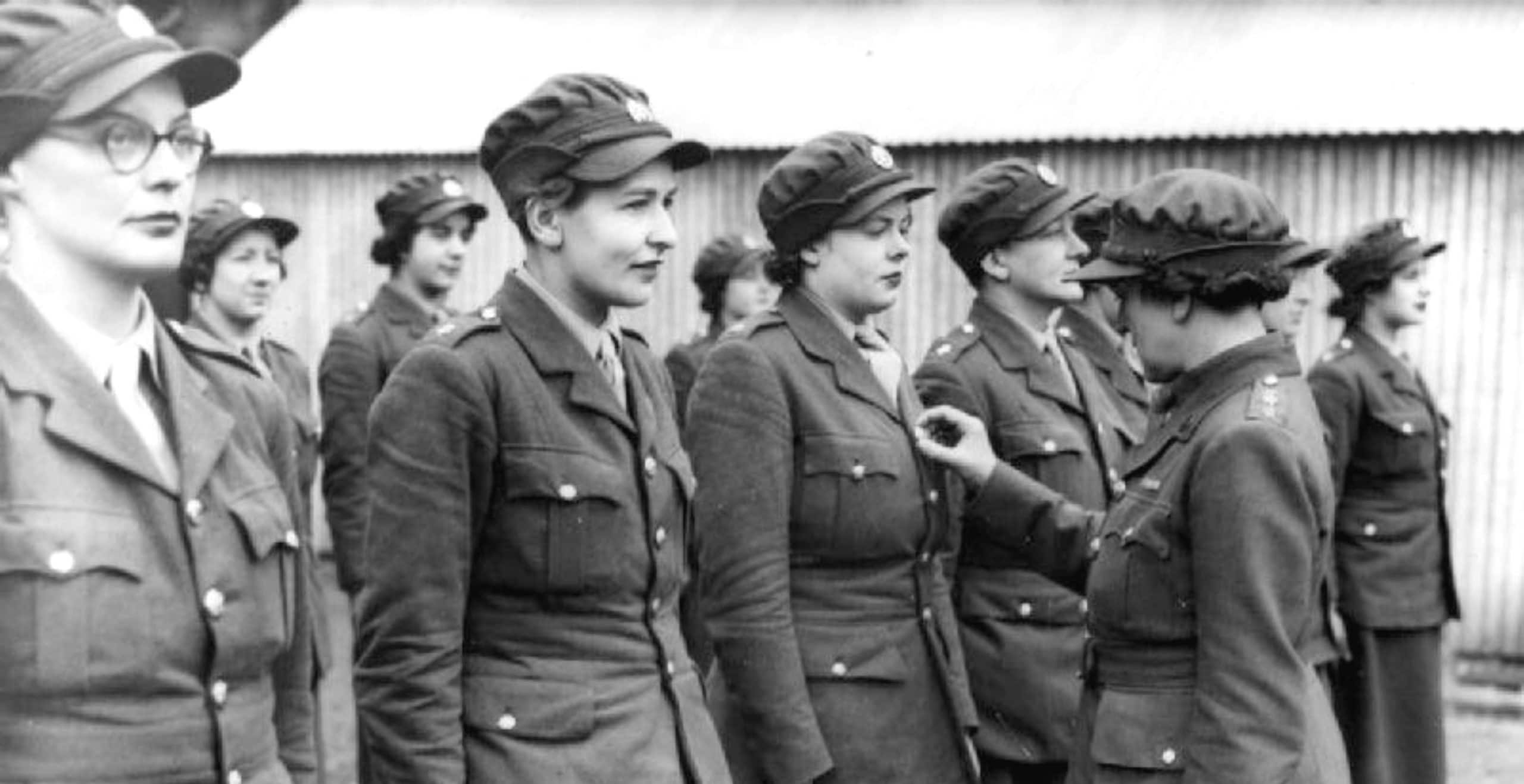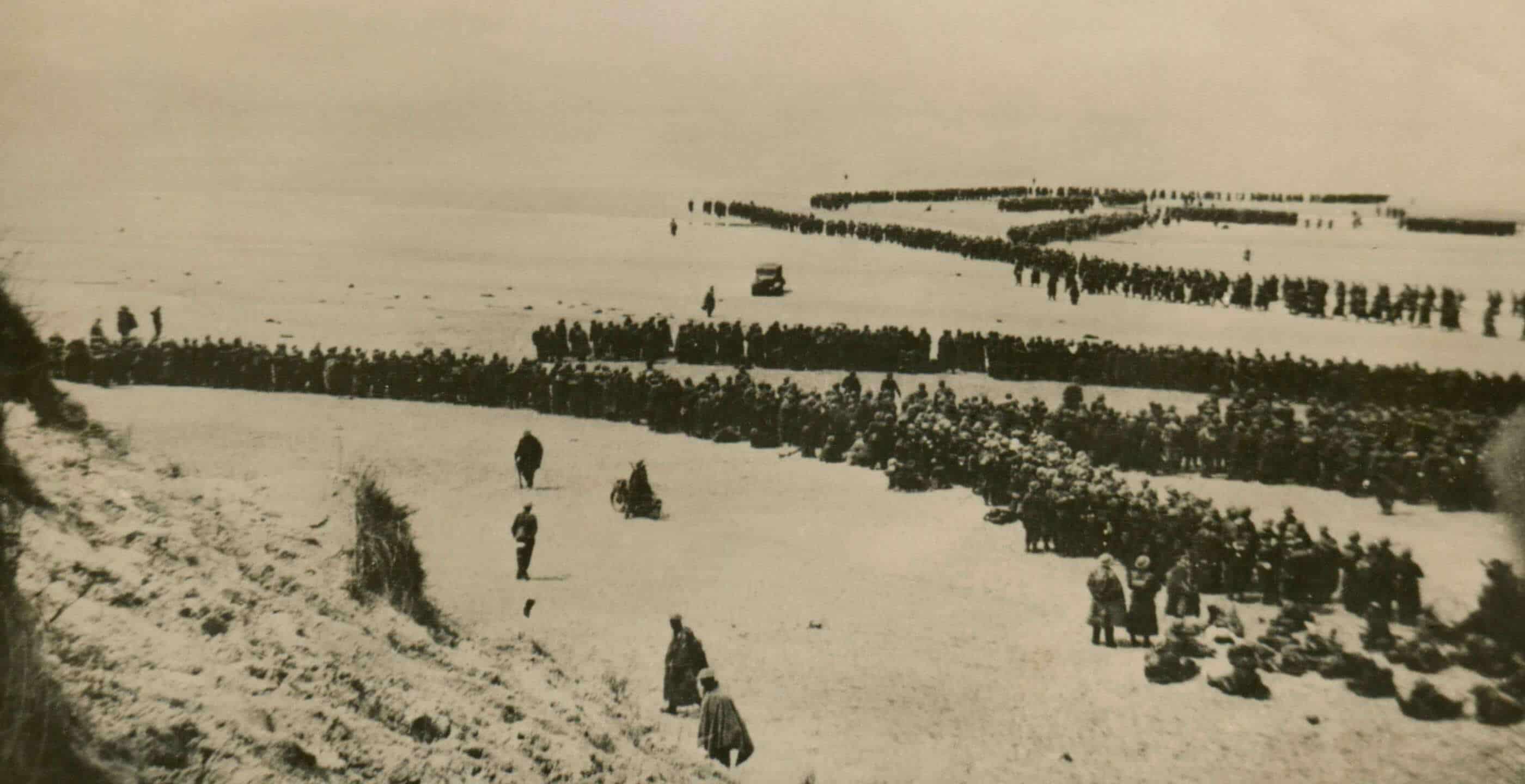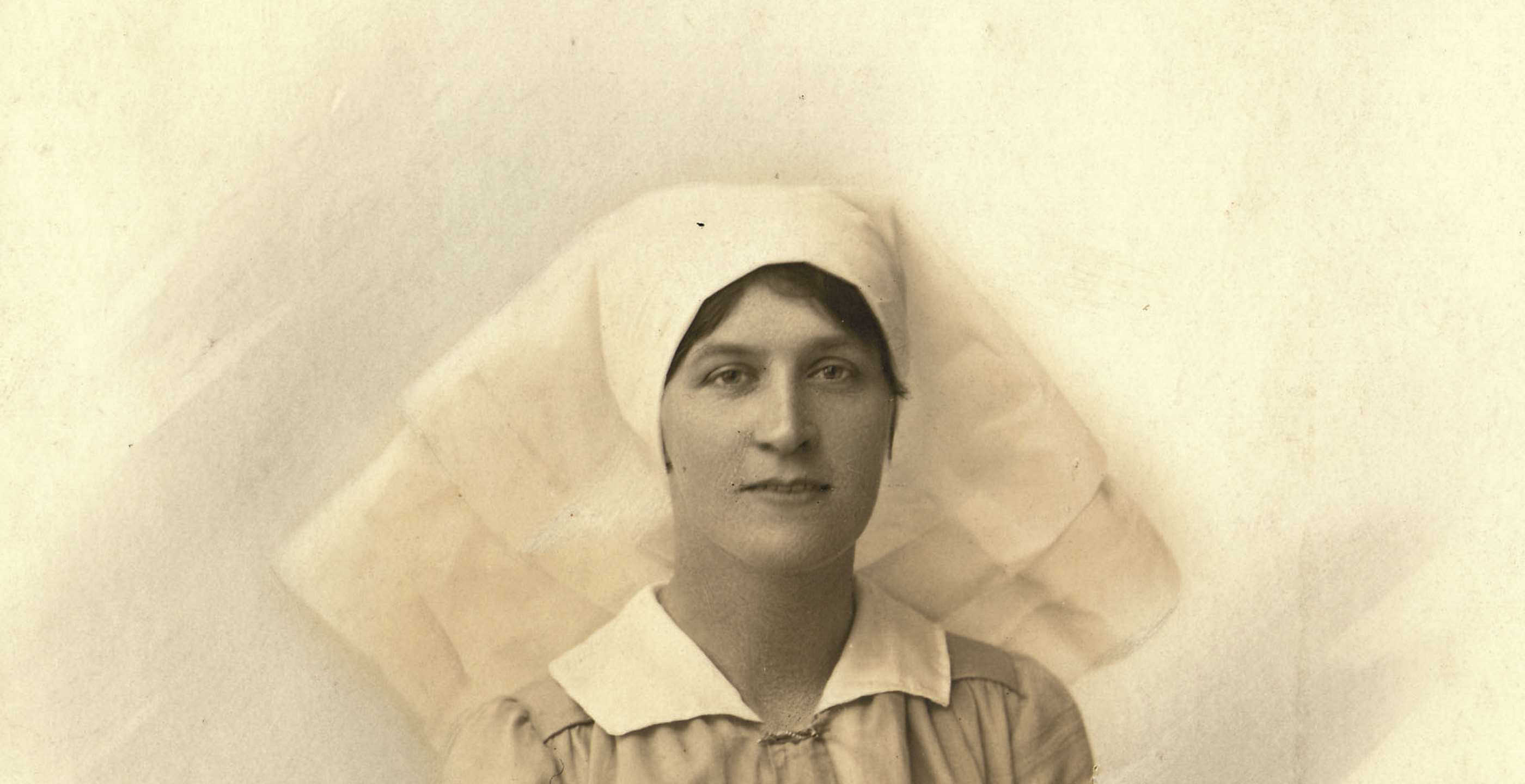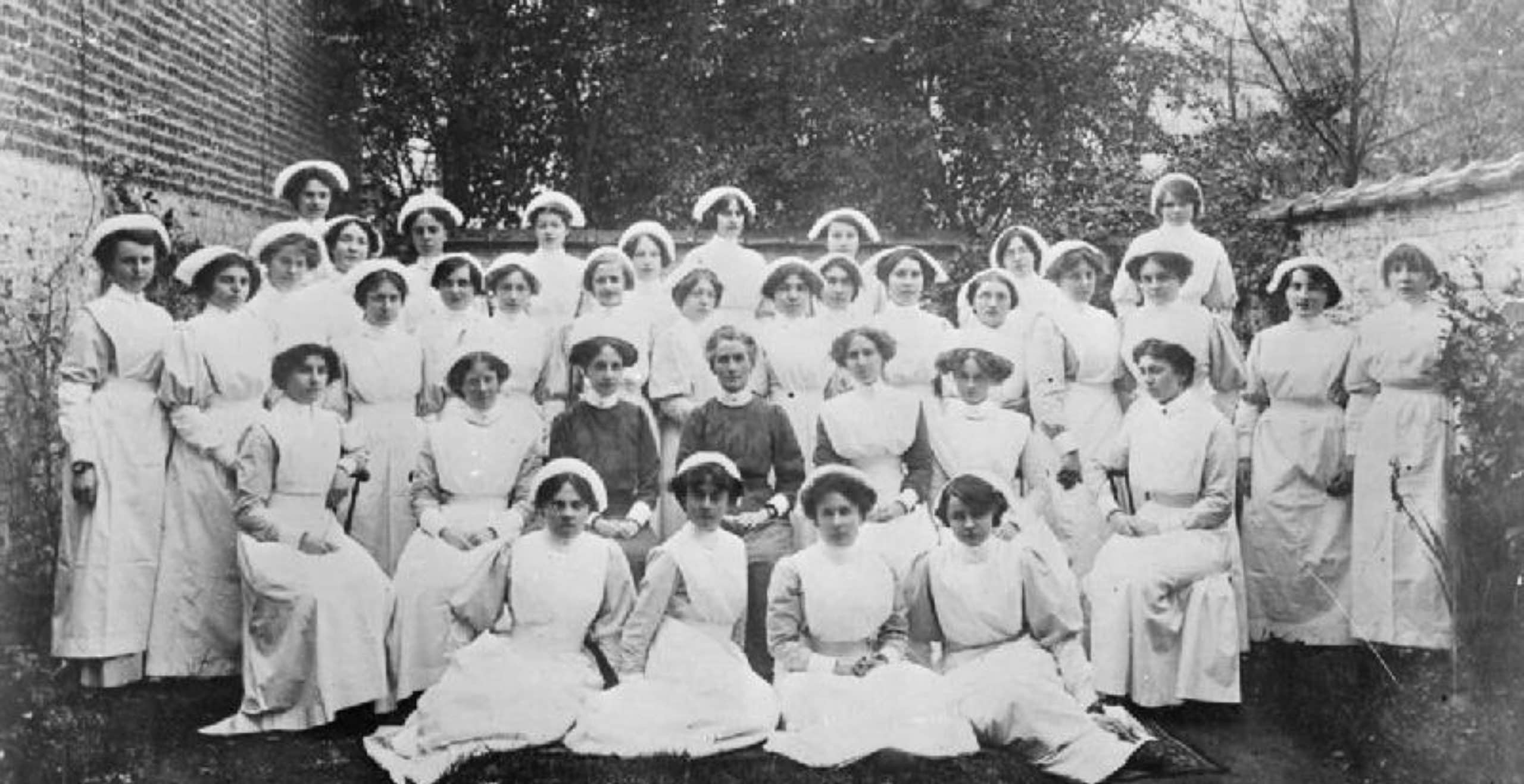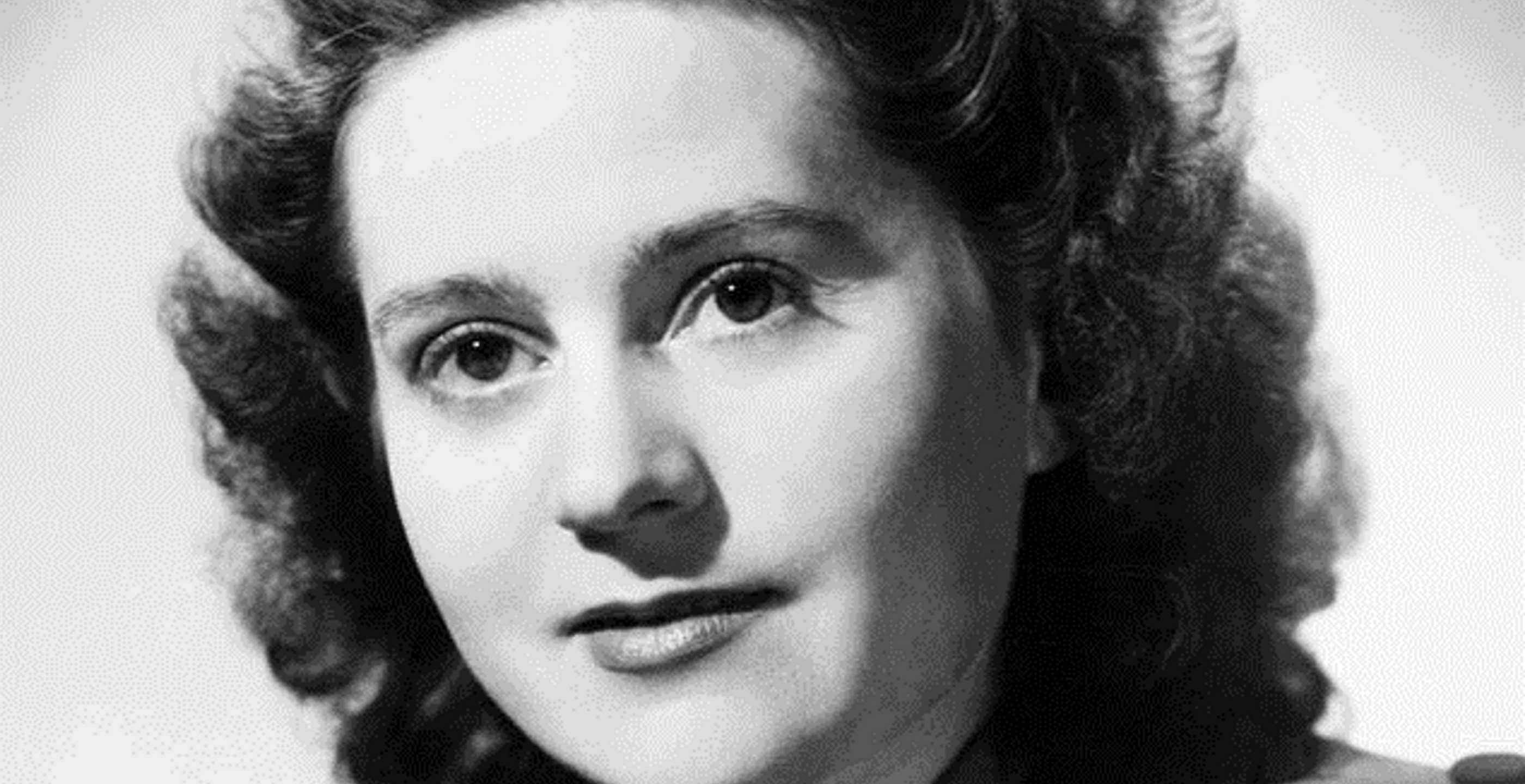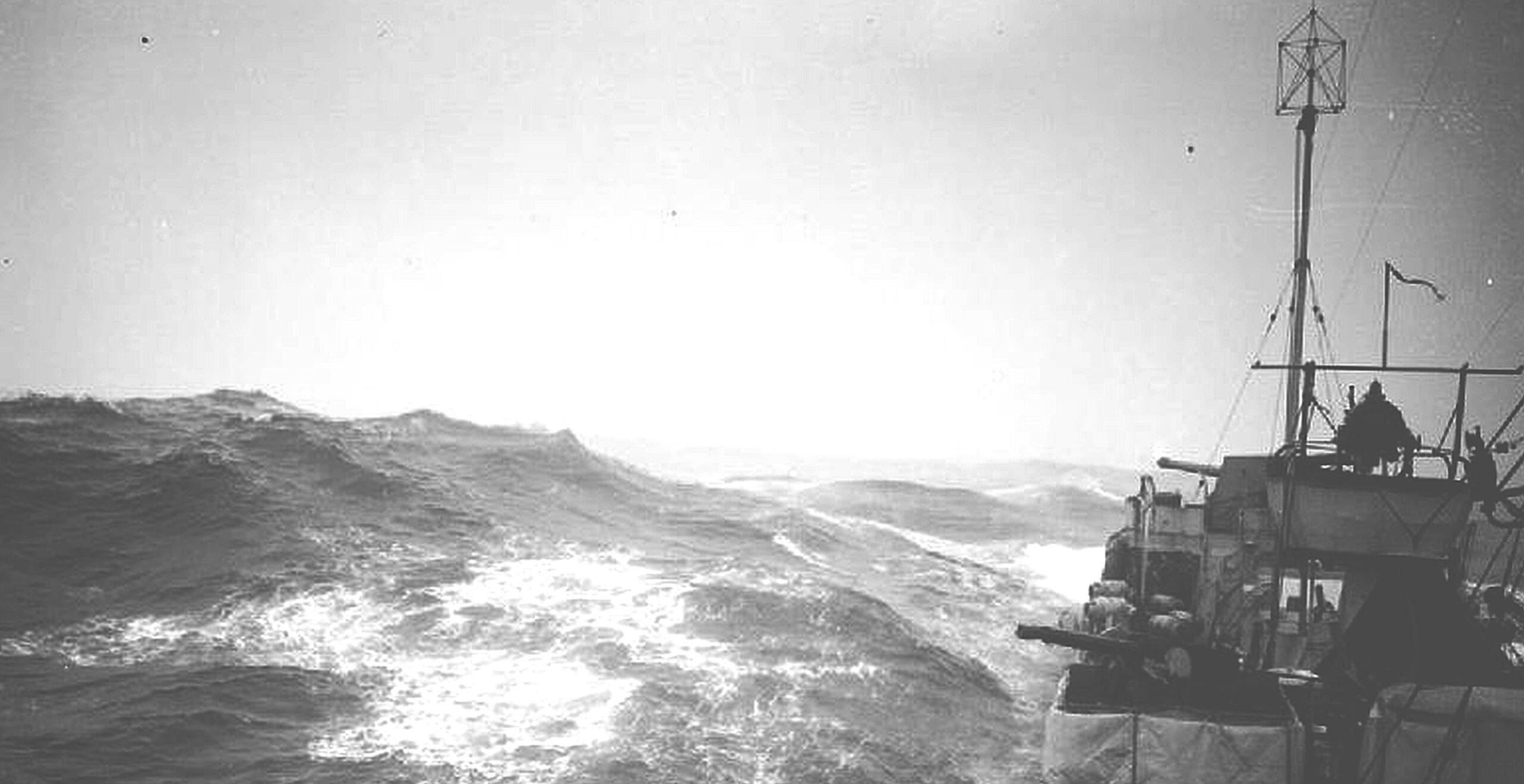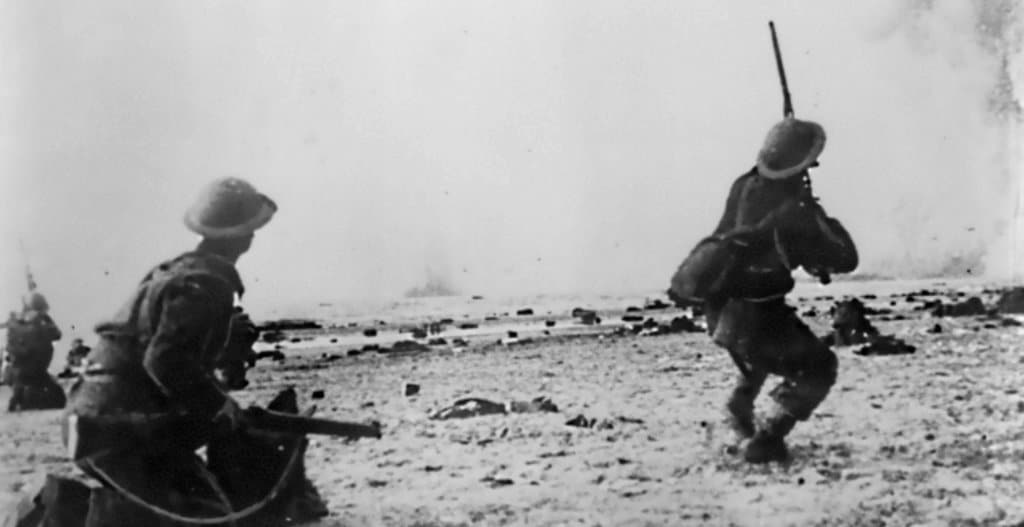Most people are familiar with the evacuation of the British and French forces from Dunkirk in May and June 1940. What is less well known is that thousands of troops and British civilians were still trapped in France.
Operation Cycle successfully evacuated some 14,000 Allied troops from Le Havre and St Valery-en-Caux between 10th and 13th June 1940. During Operation Ariel from 14th to 25th June, a further 191,870 British, Polish, Czech troops and civilians were evacuated first from Cherbourg and St. Malo and then, as the Germans continued to advance through France, from various Atlantic and Mediterranean ports.
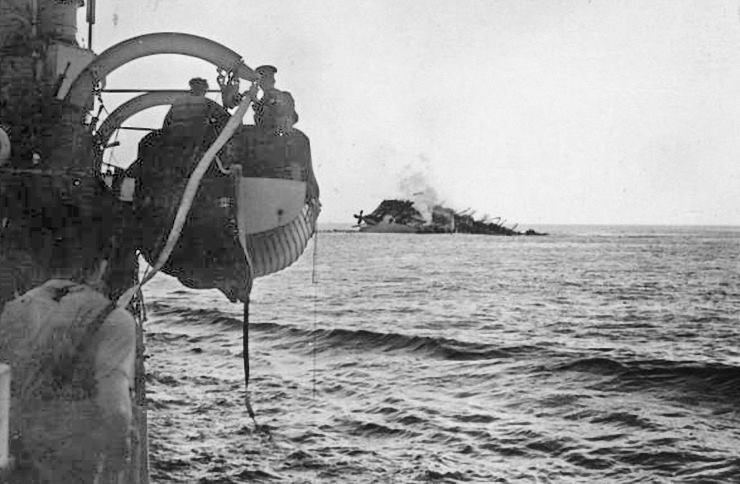
The troopship RMS Lancastria was tragically lost during this latter evacuation. Bombed by German aircraft she was sunk on 17th June 1940. It is estimated that between 2,500 and 5,800 people perished —the largest single-ship loss of life in British maritime history. The immense loss of life was such that the British government suppressed news of the disaster at the time.
Some of the military personnel ‘left behind’ after Dunkirk were women, including members of the Auxiliary Territorial Service (the A.T.S), nurses from the Queen Alexandra’s Imperial Military Nursing Service (QAIMNS) and Voluntary Aid Detachment (VAD), as well as a number of First Aid Nursing Yeomanry (FANY) ambulance drivers.
As nursing sister Lillian Gutteridge was making her way to Dunkirk, a German SS office attempted to commandeer her ambulance, ordering his men to throw all the injured men out of the vehicle. Lillian slapped the officer’s face; he retaliated by stabbing her in the thigh with a dagger. Passing Black Watch soldiers saw the incident and the SS officer was killed. Despite being wounded, Lillian then drove the ambulance and patients to a railway siding, from where they managed to board a train to Cherbourg, Dunkirk having fallen. On the way to Cherboug the train picked up a further 600 or so French and British wounded. Lillian and her patients finally arrived in England some days later.
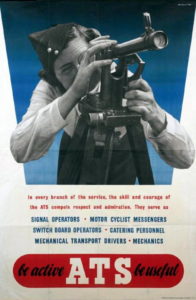
Around 300 or so ATS members had arrived in France in spring 1940 with the British Expeditionary Force (BEF). The ‘Soldierettes’, as the French called them, were mainly drivers but also included bilingual telephonists, clerks and administrators, running a number of switchboards for the BEF, in places such as Paris and Le Mans.
As the bulk of the BEF was evacuated via the beaches of Dunkirk between 27th May and 4th June 1940, some ATS telephonists continued working in Paris. A telephone platoon of around 24 ATS girls, under the command of Junior Commander Muriel Carter and attached to the Royal Signals, had been on switchboard duty at the telephone exchange since March 17th.
After Dunkirk fell, it was only a matter of time before the German troops would take Paris, but the girls worked on, manning the telephones and keeping communications going.
By June 13th German forces were at the gates of Paris and at 1.30pm that day, it was decided to evacuate. A signal to this effect was sent to London and the women prepared to leave, the French PTT staff having already left. However their French liaison officer, 28 year old Blanche Dubois was still with them: it was decided to disguise her in an ATS uniform so that she could be evacuated with them back to England. As they left by truck for the ports, the Nazis entered Paris.
Three times on the journey to the port they were machine gunned and had to resort to walking the last part of the route as the crowds on the roads made travel by vehicle impossible.
Reaching St Malo, the ATS finally embarked on the SS Royal Sovereign, an old Channel steamer turned hospital ship, reaching the UK on June 16th.
A number of First Aid Nursing Yeomanry (FANY) ambulance drivers were also still working in France after Dunkirk. Company Commander Dr Joan Ince’s unit of around 22, mainly employed on ambulance duty, was based in Dieppe and came under heavy bombardment as the Germans advanced. After a difficult and frightening journey along roads not only blocked with refugees but also bombed and strafed by enemy aircraft, they were eventually evacuated from St Malo, also aboard the SS Royal Sovereign.
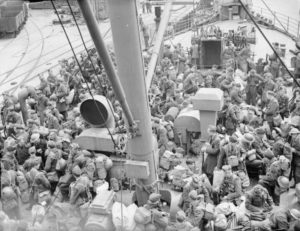
Military personnel returning from France after Dunkirk did not however receive the warm welcome from the public the evacuated BEF had received. For the most part they arrived in England in small groups, unnoticed.
However the bravery of some of the ladies who were among the last to leave France before it fell was honoured.
Company Assistant (Temporary Junior Commander) Muriel Audrey Carter was awarded the MBE for her leadership of the ATS staff manning the telephone exchange, and in particular the maintenance of telephonic communication after the French PTT staff had evacuated. Company Commander Joan Ince was also mentioned in dispatches. (London Gazette 20th December 1940).
Published: June 25th, 2020.
